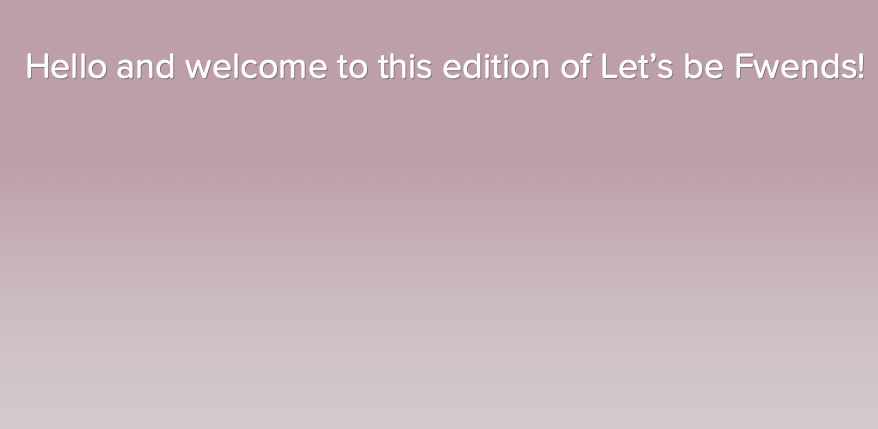LET’S BE FWENDS ISSUE #103:
COGNITIVE GADGETS AGAINST BRAIN OVERLOAD
“Blame is just a lazy person’s way of making sense of chaos.” ~ Douglas Coupland
Welcome to this edition of Let’s be Fwends. Today we dive into finding better ways to using “cognitive gadgets” to combat brain overload, the future development of Etherium, how Russia’s creation of a Splinternet might break the global information network for good, and how to make music while you’re writing.
Neuroergonomics Against Brain Overload

Overloaded brains are terrible at making decisions. If our minds are occupied with remembering things, checking things, keeping things in mind, and reacting to external stimuli, we stop using deliberation, but instead rely on impulse to decide.
And even if many computerised gadgets were created with the idea of freeing up our minds by taking on routine tasks or by being helpful (e.g. appointment reminders in your calendar app), many devices have become yet another external stressor that keep our mind busy, in an ever increasing spiral of stimulus and response.
In a wonderful essay, Emily Willingham cites Cecilia Heyes, who explores the possibilities for things she calls “cognitive gadgets”, devices we deliberately employ to rid us of tasks we don’t need to take care of ourselves.
Instead of adapting the fast-paced breathlessness of computers (who are so many times more faster than us), she suggests to use them to free up time for the slower, deliberate thinking that sets us apart from them.
Devices that can help us reduce mental load are not limited to computerised gadgets. Our behaviour can be used to do that, too:
“Pinpointing ways to reduce high-demand activities to something more rote is one tactic, such as having the same thing for lunch every day. Another strategy is limiting the number of high-demand activities that must be done at once, such as choosing next-day clothes the night before, instead of when we’re also trying to get children out the door to school. One of the most straightforward neuroergonomic accommodations we can access is allocating tasks into uncrowded time windows so that they don’t pile up all at once. If making the week’s dinners on an uncluttered Sunday afternoon saves you from five evenings of the ‘overwhelmed in the kitchen’ scenario, that could be an adaptation worth making.”
International Cooperation Built the Internet. Will it End Now?

I think one vastly under-appreciated facet of the Internet is that it is a truly international medium with technical standards all participating parties accept. The Internet has no NTSC, SECAM and PAL, no track gauges, the traffic doesn’t flow on the left or right side of the road, no different frequencies on which information is transmitted.
Until a couple of years ago, you couldn’t get your European mobile phone to work in North America, and vice versa, but your Internet access would work. This is a marvel of international cooperation.
And it might all end now. Russia is on the brink of creating its own Splinternet, a system that looks like the Internet but isn’t.Even worse than the Great Firewall of China (which actually follows Internet protocols in the way it blocks traffic), it would remove technical interoperability and replace it with political negotiation.
So, I’m not the Only One Worried About Blockchain

If you’re a regular reader, you might have picked up that I am a bit of sceptic when it comes to Blockchain technology and their promises. Although many of its characteristics are interesting, most real-world applications visible so far are based on speculation and waste.
Make Music While You Write

Typeatone is a beautiful website that transforms your keystrokes into wonderful music.
That’s it for this edition of Let’s be Fwends, I hope you found some nice tunes in your writing! 🎼
Subscribe to Let's be Fwends